Peking University, November 21, 2025: China's top academic institutions announced today that 144 scientists had been elected as new academicians of the Chinese Academy of Sciences (CAS) and the Chinese Academy of Engineering (CAE), including 6 professors from Peking University (PKU).
Of the 6 PKU professors, 5 are new CAS academicians. They are respectively Liu Ruochuan, Professor at School of Mathematical Sciences; Ma Ding, Professor at College of Chemistry and Molecular Engineering; Deng Hongkui, Professor at School of Life Sciences; Qu Lijia, Professor at School of Life Sciences; and Chen Yanjing, Professor at School of Earth and Space Sciences. The one new CAE academician is Ji Jiafu, Professor at Peking University Cancer Hospital.
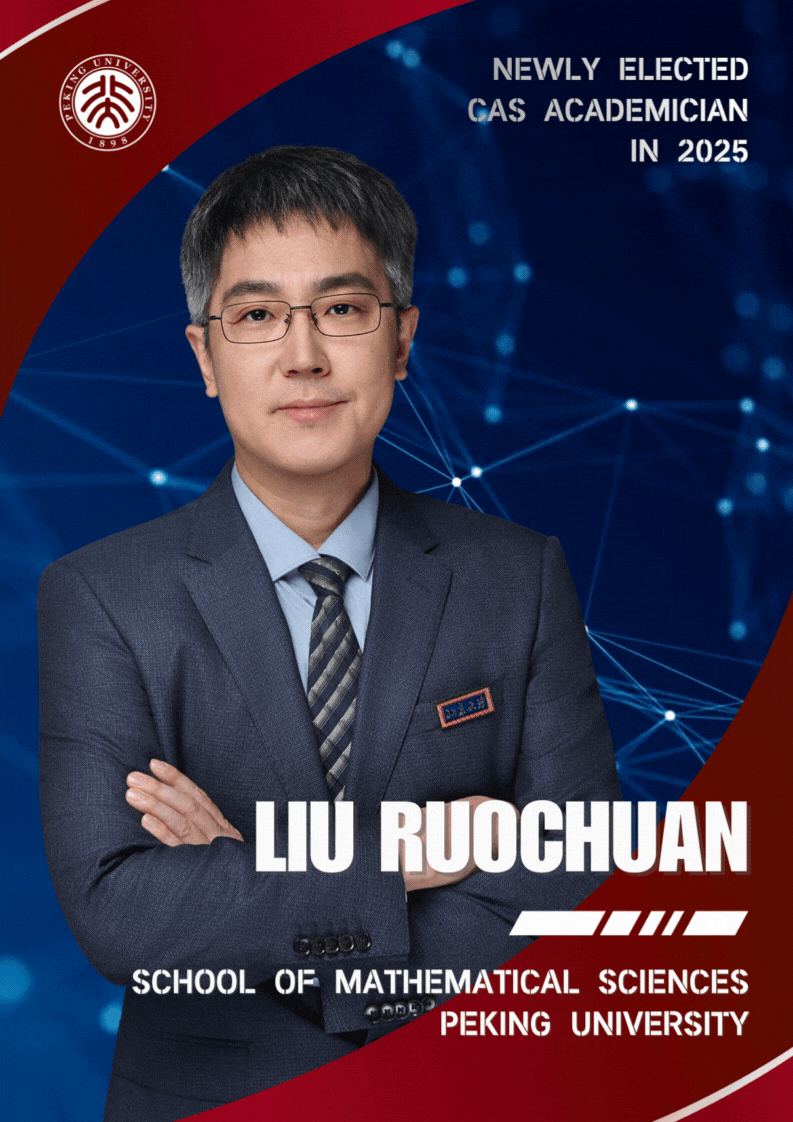
Liu Ruochuan
Born in 1980, Liu is the youngest among all the new academicians this year, and is also a Boya Distinguished Professor. A PKU alumnus, BS ’02, MS ’04, Liu earned his PhD degree from MIT in 2008 and has been teaching at his Chinese alma mater since 2012.
His current research focus is on p-adic aspects of number theory and arithmetic geometry, especially p-adic Hodge theory. During his tenure, he has won various awards and accolades, including the first Xplorer Prize, the China Youth Science and Technology Award, the Ramanujan Prize, etc.
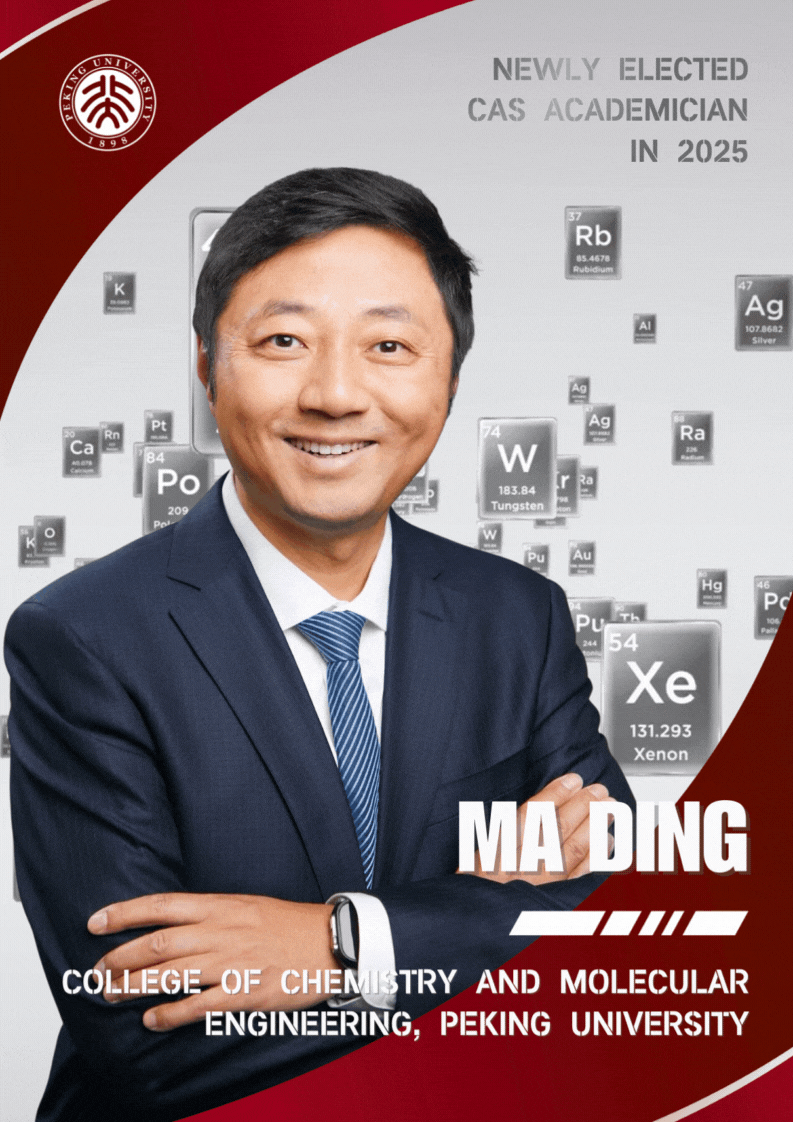
Ma Ding
Born in 1974, Ma earned his Bachelor’s degree from Sichuan University in 1996 and finished his PhD studies at Dalian Institute of Chemical Physics in 2001. He started his tenure at PKU in 2009. He became a Changjiang Scholar in 2018 and entered the “Beijing Scholar” program in 2025—the highest-level training program led by the Beijing municipal government, aimed at fostering world-leading scientists, engineers, and maestros.
He is now leading a research group at PKU, the Ma Group, which is focused on hydrogen production and storage, degradation of plastic wastes, production of fuels and basic chemical raw materials, catalyst design, etc.
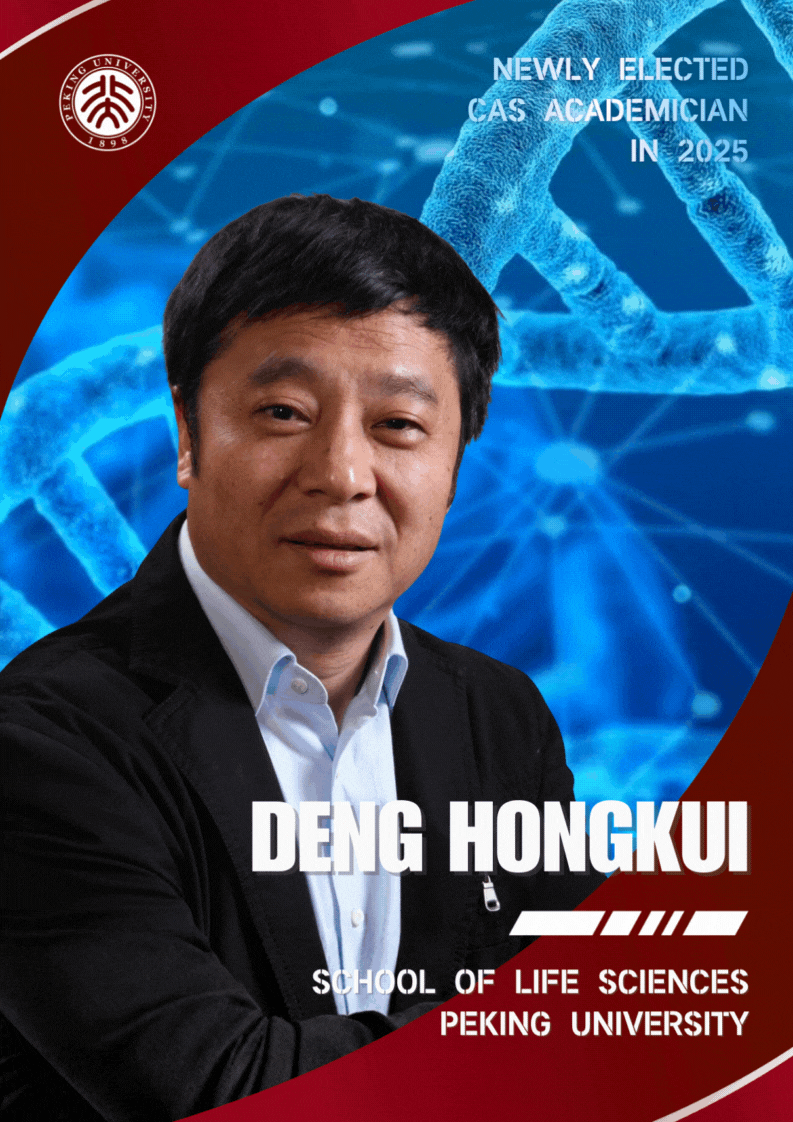
Deng Hongkui
Born in 1963, Deng earned his Bachelor’s degree from Wuhan University in 1984 and his Master’s from what is now the Shanghai Jiao Tong University School of Medicine in 1987. He then earned his PhD degree from UCLA in 1995 and started his tenure at PKU in 2001. Now a Boya Chair Professor and the Leading Scientist of Changping Laboratory, Deng won the prestigious Future Science Prize in 2024 for his pioneering work on using small molecules to change cell fate and state.
In 2023, Deng led a PKU research team in conducting the world’s first successful stem cell treatment for reversing diabetes (the patient no longer needed insulin injections). This achievement and his other equally impressive research outcomes have opened up a new route in stem cell research and regenerative medicine.
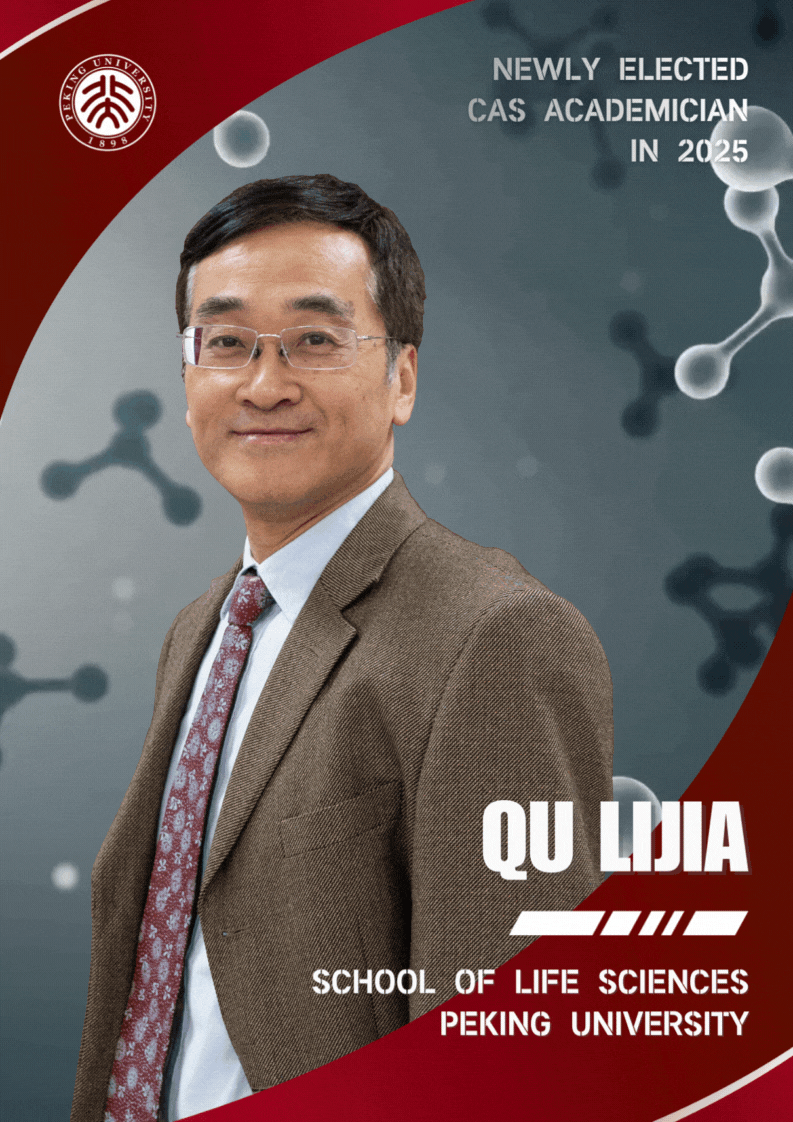
Qu Lijia
Born in 1967, Qu is a PKU alumnus, BS ’89, PhD ’95, and started his tenure in 1995. He became a Changjiang Scholar in 2008 and is an inaugural member of the “New Cornerstone Investigator Program,” a non-profit basic research funding program led by China Association for Science and Technology.
Qu’s research mainly focuses on molecular mechanisms involved in sexual reproduction in Arabidopsis, which is currently the most widely studied plant in modern biology. In addition, he also studies new technologies in rice breeding. His research outcomes have been ranked in China in the top 10 sci-tech breakthroughs among higher education institutions in 2019, and the top 10 breakthroughs in life sciences in 2023.
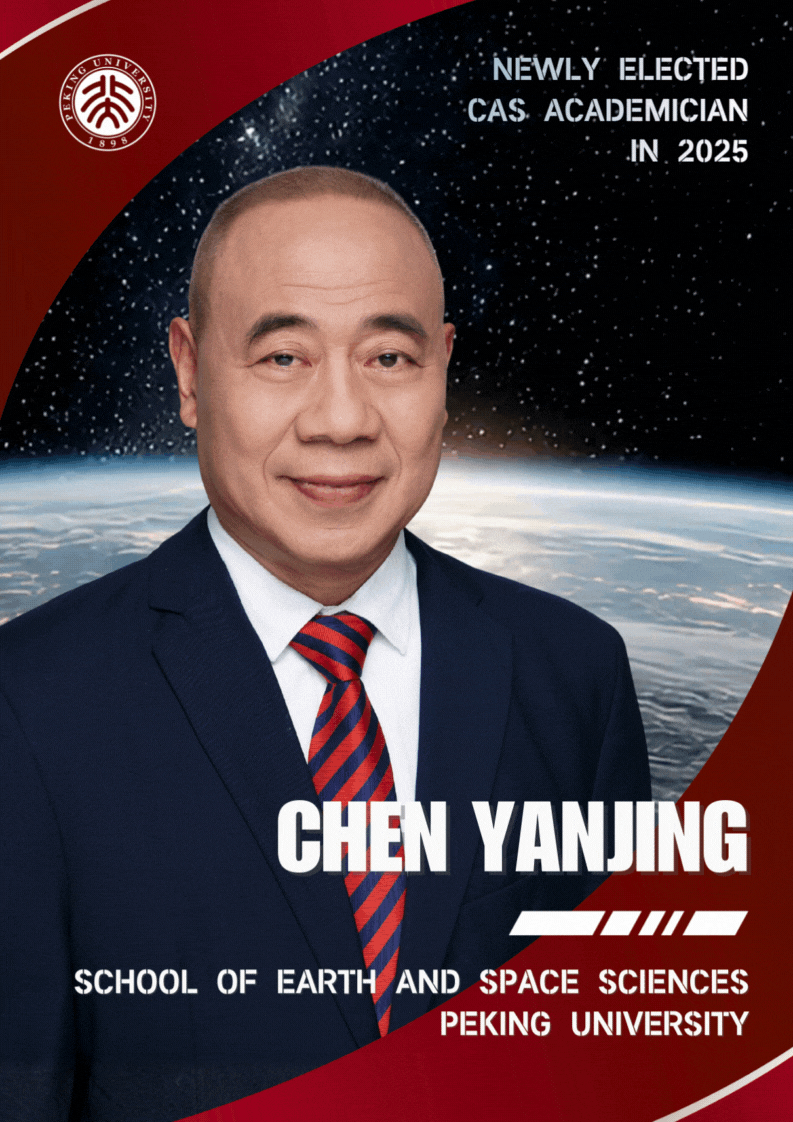
Chen Yanjing
Born in 1962, Chen earned his PhD degree from Nanjing University in 1990 and has been teaching at PKU since 1995. He was awarded funding from the National Natural Science Foundation of China in 2004 and is now a Boya Distinguished Professor.
His book on deposits of Mo—a metallic element crucial for the chemical and lubricant industries—published in 2022 has become the world’s first research book comprehensively displaying the study of continental collision and the genesis of mineral deposits, greatly benefiting both Chinese and Western mineral explorers. His achievements have earned him a second prize from the State Natural Science Award.
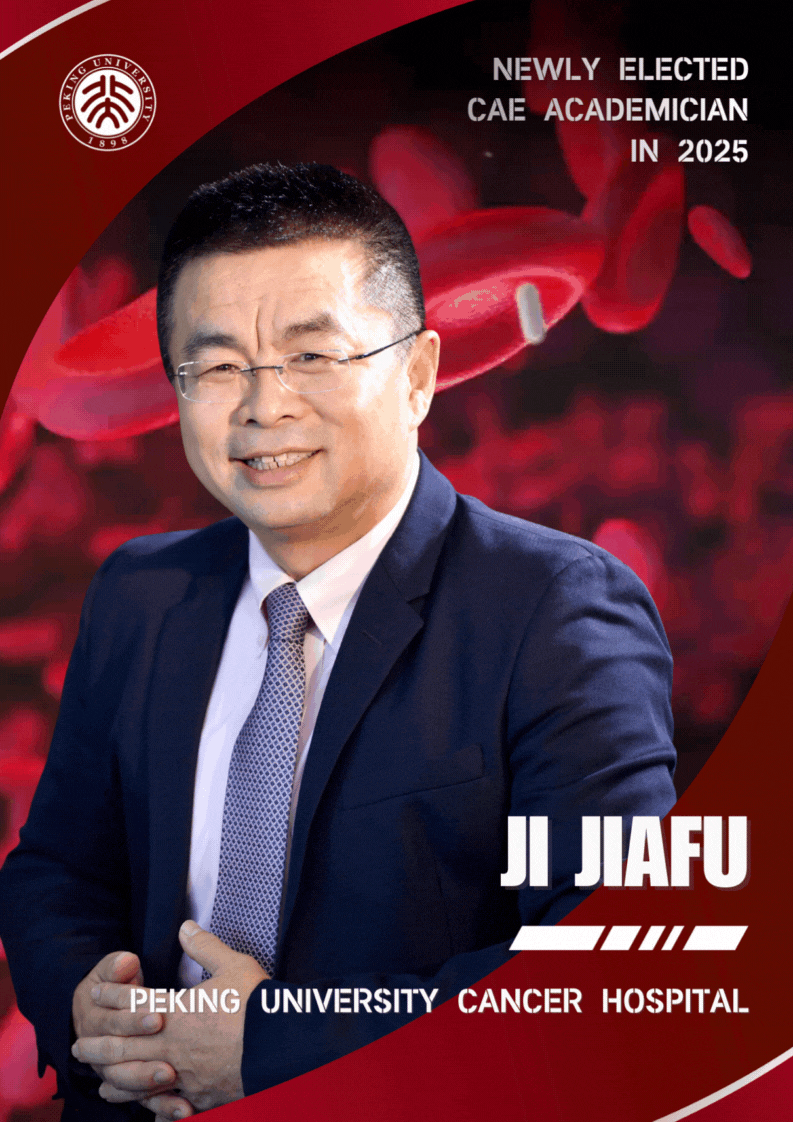
Ji Jiafu
Born in 1959, Ji earned his Bachelor’s degree from Inner Mongolia Medical University in 1982 and his Master’s from what is now the PKU Health Science Center in 1990. He went on to earn two PhD degrees from Cardiff University of the UK and Johns Hopkins University of the US respectively in 2015 and 2022. He started working at Peking University Cancer Hospital in 1990 and served as president of the hospital from 2011 to 2022.
Ji was the first Chinese to serve as President of the International Society of Gastric Cancer. During his tenure, he promoted equity in treating gastric cancer worldwide, especially in less developed countries and regions. Under his and his predecessor’s leadership, Peking University Cancer Hospital conducted the world’s largest, decades-long interventional field study, unveiling various environmental and lifestyle risk factors of gastric cancer and providing valuable evidence for global cancer control.
Written by: Chen Shizhuo
Edited by: Zhang Jiang
Source: PKU WeChat (
Chinese)
Poster design by: Chen Lei





